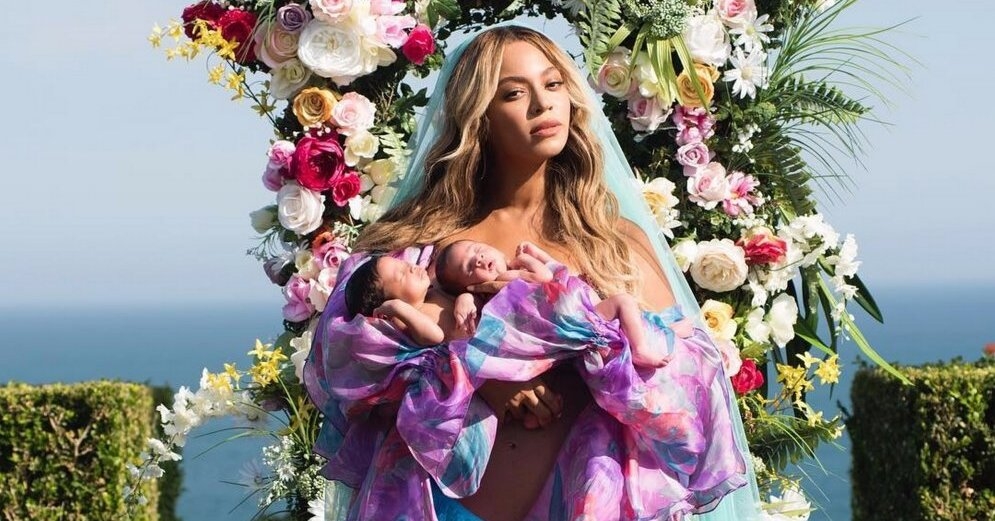At a time when everyone finally gets their “15 minutes of fame,” as Andy Warhol once predicted, pop diva Beyonce has managed to maintain her place on the throne of mass culture for more than a decade.
“Queen Bey” or Queen Bey, as her fans call her, has managed not to break under the burden of fame, but to creatively use it for her own good and also for the good of the world – to inspire others and talk about the problems of modern society. Beyonce’s seventh studio album “Renaissance”, which has just been released, despite some scandals, will most likely become another confirmation of the seemingly unstoppable growth of the pop diva’s talent. Why is Beyoncé still considered the most influential pop star in the world, able to speak for an entire generation?
“BBC” publicist Henry Knight, in an article written several years ago, called Beyoncé a “real Renaissance woman” (so the coincidence with the name of the latest album is accidental), who embodies a musician, business tycoon, feminist, mother and also a brand whose influence on cultural processes is formed not by any of the mentioned talents separately, but by a harmonious combination of all of them. In 2014, “Forbes” declared Beyonce the most influential celebrity in the world, and in 2020, “Time” included her among the 100 women who shaped the last century.
According to Adrienne Trier, editor of The Beyonce Effect, Beyoncé’s lyrics tend to bypass pop clichés, addressing topics such as female independence from men, healthy sexuality, postpartum depression, feminism and identity. Beyoncé’s concerts feature an all-female backing band, a rarity for pop stars of this caliber. She has mixed music with the public speaking of feminist writer Chimanda Ngozi Adichie and as a philanthropist has supported women and girls around the world through her non-profit organization Chime for Change. Her music, stage image, private life and public activities have attracted the attention of many academic researchers during these years.
–


